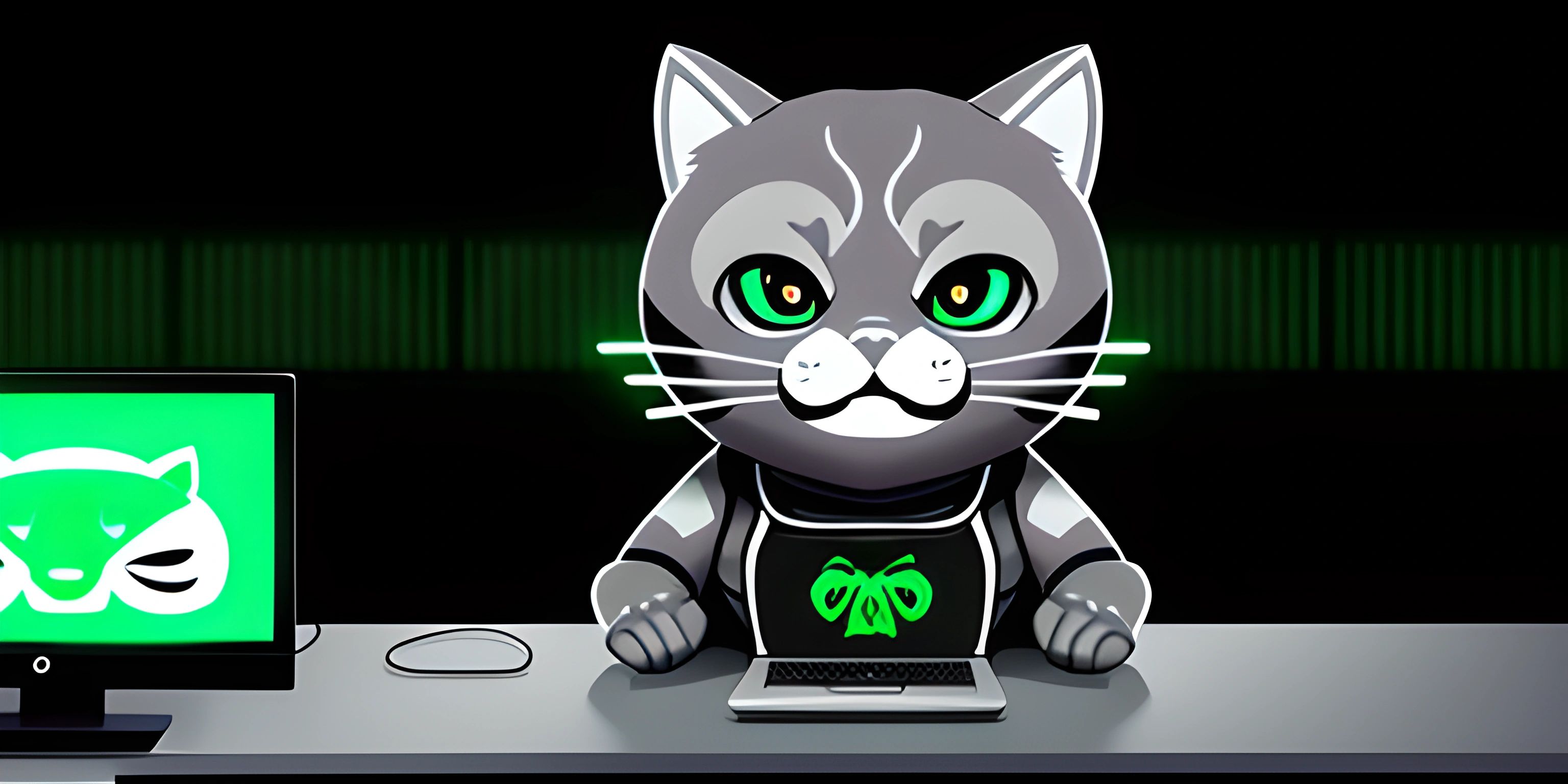Open Source Contribution: A Beginner's Guide

Note: this page has been created with the use of AI. Please take caution, and note that the content of this page does not necessarily reflect the opinion of Cratecode.
Diving into the world of open-source collaboration might seem daunting at first, but fear not! This guide will make your introduction to open-source projects smooth and enjoyable. By the end of it, you'll be ready to make your mark on the open-source world.
What is Open Source?
Open source refers to software projects whose source code is openly available to the public. This allows developers to collaborate, contribute, and learn from the codebase. Some of the most popular open-source projects include Linux, Python, and Git.
Why Contribute to Open Source?
Contributing to open-source projects offers a multitude of benefits:
- Improve your coding skills: Collaborating with other developers can help you become a better programmer and learn new techniques.
- Build your portfolio: Contributions to open-source projects are a great way to showcase your skills to potential employers.
- Networking: Collaborating with other developers can help expand your professional network and open up new opportunities.
- Personal satisfaction: Contributing to a project you're passionate about can be incredibly fulfilling and rewarding.
How to Start Contributing
Follow these steps to begin your open-source journey:
Step 1: Find a Project
First, you'll need to find an open-source project that interests you. Popular platforms for discovering projects include GitHub and GitLab. Look for projects with an active community, clear documentation, and a welcoming atmosphere for new contributors.
Step 2: Learn the Project
Before diving in, take the time to understand the project's purpose, structure, and coding practices. Study the documentation, read through the codebase, and review the project's issue tracker to get a feel for the project's needs.
Step 3: Start Small
Begin with small tasks, such as fixing typos, updating documentation, or tackling simple bugs. This will help you get familiar with the project's workflow and build your confidence.
Step 4: Communicate with the Community
Participate in project discussions, ask questions, and seek feedback from other contributors. Communication is key in open-source collaboration. Most projects have a dedicated chat room, forum, or mailing list for discussions.
Step 5: Make Your Contributions
Once you're comfortable with the project, start making contributions. Follow the project's guidelines for submitting changes, usually through a pull request on GitHub or GitLab. Remember to be patient, as your contributions may not be accepted immediately.
Conclusion
Contributing to open-source projects can be an incredibly rewarding experience. By following this beginner's guide, you'll be well on your way to making valuable contributions and growing as a developer in the open-source community. Happy coding!
Hey there! Want to learn more? Cratecode is an online learning platform that lets you forge your own path. Click here to check out a lesson: Rust Mandelbrot Set (psst, it's free!).





